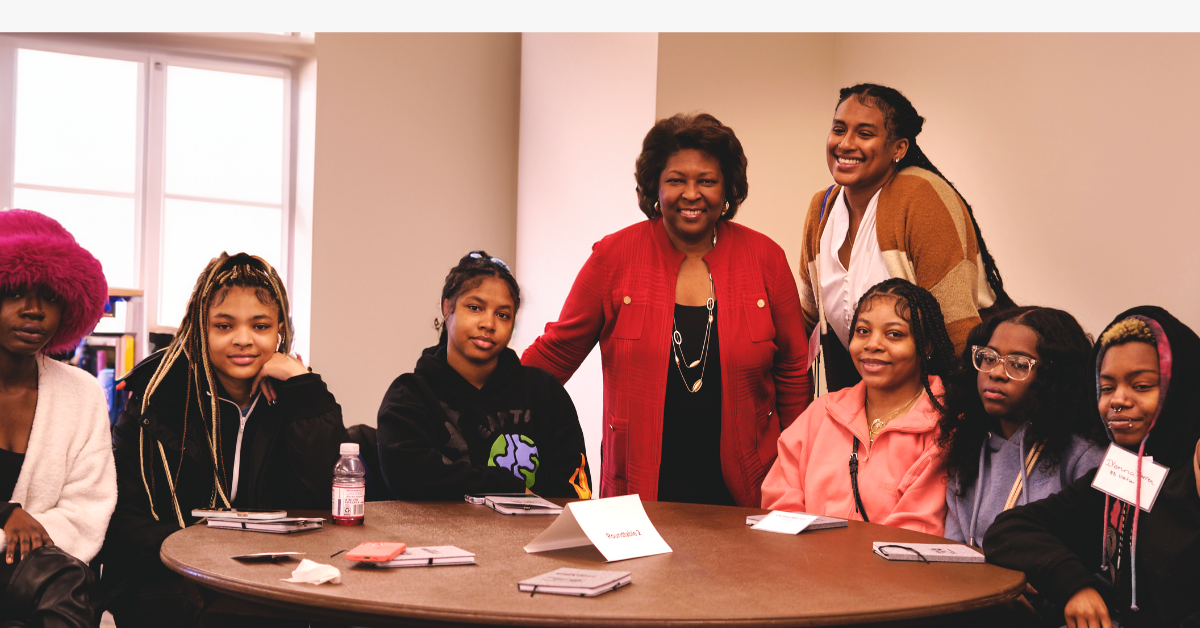
In today’s world, gender and racial inequities persist across the nation and world. Despite making substantial progress in some areas, many individuals still face discrimination and inequality based on gender or race.
One way in which these inequalities endure is through social institutions. Social institutions are established patterns of values, behaviors and relationships that systematize social life. Social institutions play a critical role in shaping how we perceive ourselves and others, and can either promote or challenge inequalities.
In this blog, we will explore the definition of social institutions and provide examples. We will also discuss how these institutions perpetuate racial and gender inequities and what steps we can take to promote equality.
What are Social Institutions?
Social institutions are the established patterns of beliefs, behaviors and relationships that organize social life. Social institutions exist to meet society’s fundamental needs, such as providing structure, guidance and order. Common examples of social institutions include family, religion, education and government.
Social institutions play a significant role in shaping gender and racial norms and values. For instance, the family is a social institution that plays a vital role in the socialization of children. The family is where children learn social norms, values and expectations about gender and race.
However, social institutions influence how we perceive ourselves and others and can perpetuate or challenge inequalities. It is paramount to understand how social institutions shape these norms and values to work toward promoting inclusivity and social justice.
What Are the Types of Social Institutions?
Social institutions provide a framework for organizing and regulating social behavior. There are various types of social institutions, each with its unique characteristics and impact on society:
- Education
- Family
- Religion
- Government
Education
Education is a social institution that plays a vital role in shaping individuals’ beliefs and values from a young age. One of the primary roles education plays is the transmission of knowledge and skills between different generations, including academic knowledge and social and cultural norms.
Education institutions, like schools and colleges, typically promote values such as hard work, discipline and respect for authority. These institutions also reinforce gender and racial norms through dated curriculums. For instance, the lack of diversity in history and literary curriculums reinforces the idea that only certain groups of people are significant contributors to society.
Family
The family is a social institution that provides emotional and practical support to its members. The family provides a foundation for children because it is where socialization initially takes place.
Families teach children cultural and social norms, values and expectations, including those related to gender and race. Family values can vary widely based on cultural and historical factors. For example, some families may emphasize the importance of self-sufficiency and individualism, while others value interdependence and collectivism.
Religion
Religion is a social institution that provides a moral framework for individuals and communities. Religion typically reinforces the belief in a higher power.
Religious institutions strengthen values such as compassion, forgiveness and charity. However, religions also promote specific beliefs and practices related to gender and race, which can challenge or reinforce societal norms. Some religious establishments welcome gender and racial equality, while many others uphold traditional gender roles and racial hierarchies.
Government
Government institutions are responsible for forming and enforcing laws and ordinances that govern society. The government’s primary role is to maintain order and provide public services.
Governments reinforce values such as justice, equality and democracy. They also shape norms related to gender and race through policies and legislation. Laws banning discrimination based on gender and race promote equality, while policies that perpetuate imbalances strengthen societal norms.
The Impact of Social Institutions
Institutional biases embed themselves in social institutions and can take many forms, including racism, sexism and homophobia. These biases can manifest as discriminatory policies or practices that limit access to resources and opportunities for marginalized people.
Take education: Institutional biases can result in limited access to quality education for low-income students and students of color. In health care, institutional biases can result in disparities in health outcomes based on race or ethnicity.
Moreover, social institutions often reinforce societal norms and values related to gender and race, which perpetuate inequalities. Families that reinforce traditional gender roles contribute to limiting women’s access to education and employment opportunities. Similarly, religious institutions may reinforce racial hierarchies by promoting beliefs and practices that privilege certain racial or ethnic groups over others.
Addressing Institutional Challenges
Addressing institutional challenges is essential to achieving gender and racial equity in society. Social institutions have a considerable impact on individual and collective behaviors and values. However, institutional biases ingrained in these institutions can restrict access to resources and opportunities for marginalized individuals and groups.
To address institutional challenges, we must acknowledge and face these biases at every level of society. This includes creating policies and practices that advance equity and justice, increasing diversity and representation in positions of power, and actively challenging prejudiced beliefs and behaviors.
Achieving gender and racial equity will require a collective effort from individuals, communities and institutions. We can all promote equity by educating ourselves and others, supporting organizations that work toward equity, like United Way of the National Capital Area, and championing policies and practices that promote equity.
United Way NCA works to create a more equitable future for all by reducing disparities and increasing access to health, education and economic opportunity for the ALICE (Asset Limited, Income Constrained, Employed) population in the National Capital Area. By breaking down barriers to much-needed resources, United Way NCA is taking action to address institutional biases to promote gender and racial equity. See how we change lives through our impact stories, then join us at unitedwaynca.org/take-action.


